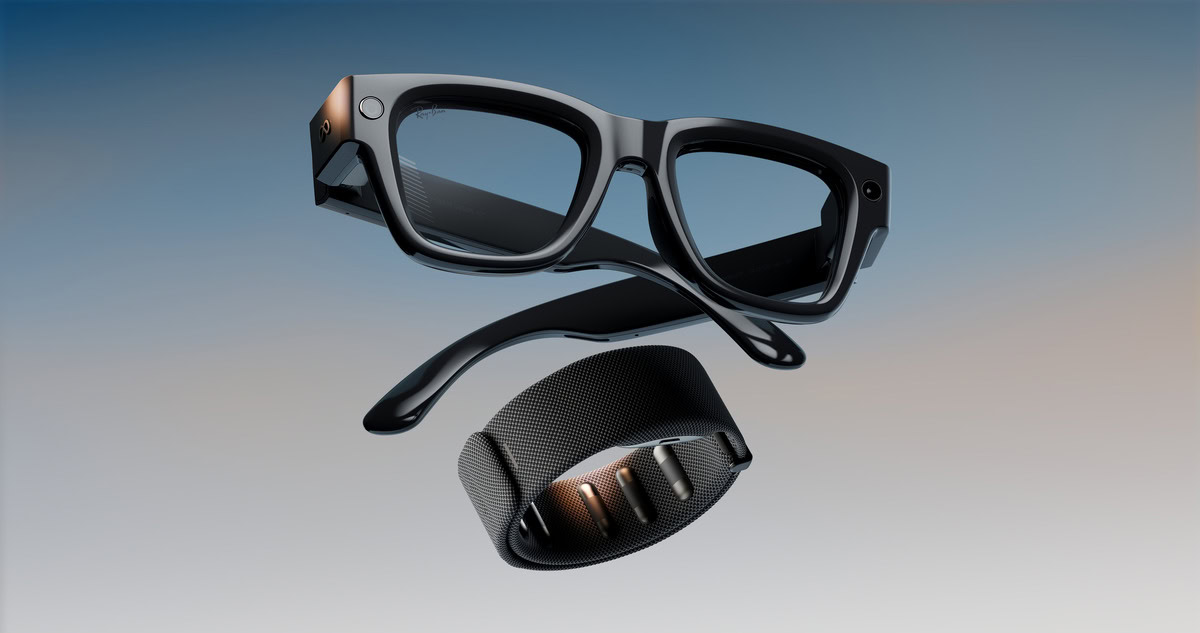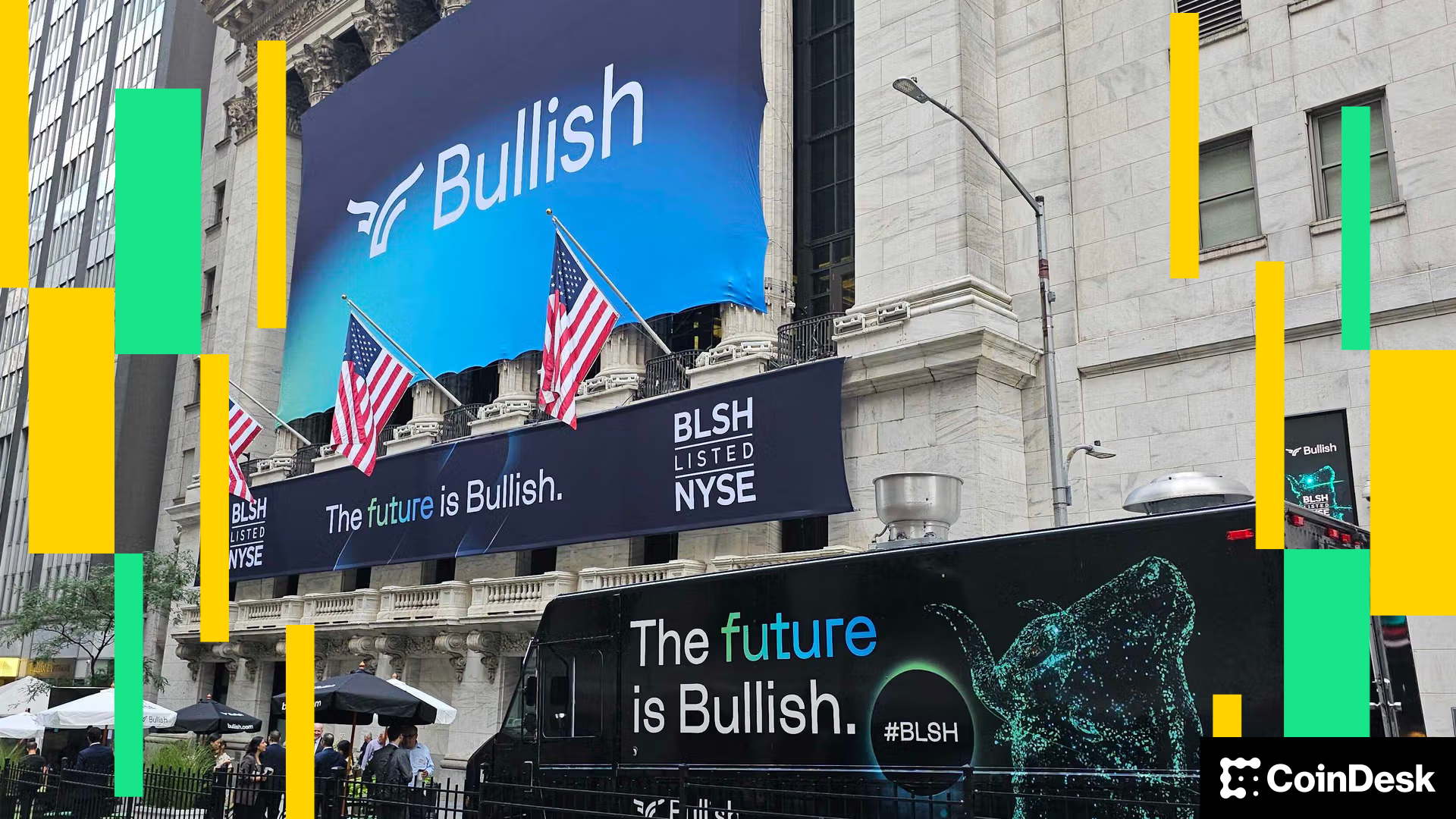
Apple is reportedly pausing development on a major overhaul of its Vision Pro headset to prioritize the accelerated development of AI-centric smart glasses. Reports from earlier this year suggested that Apple might have even canceled the project. However, rumors about the wearable have been quite active in the last couple of months. Now, the Apple Glass—a tentative, unconfirmed name—are poised to be a key part of the company’s short-term strategy.
Apple now prioritizes smart glasses over affordable Vision Pro headsets
Apple had already received powerful market signals through public response. For starters, the Vision Pro, one of Apple’s biggest bets in its history, was a sales failure. In contrast, the popularity of smart glasses, such as Meta’s Ray-Ban, seems to continue to grow. Meta even recently launched the second generation of its glasses, as well as a version with a display that offers a true AR experience. These developments would have led to this alleged internal strategic pivot by the Cupertino giant.
Until now, Apple’s main plan for the segment was a lighter and cheaper Vision headset. However, according to Bloomberg, the latest shift involves redirecting staff from this “affordable” Vision Pro (code-named N100) toward advancing its own glasses projects.
The race to replace the smartphone
Smart glasses are emerging as a crucial battlefield for tech giants. They view the small, AI-powered wearables as potential successors to the smartphone. Particularly, Apple is currently working on at least two distinct models:
The Companion Model (N50): This first variant aims to be highly reliant on a connected iPhone and will lack its own display. Apple wants to unveil this model as early as next year, positioning it for a possible release in 2027.
The Display Model: Apple is also working on a version that features a display built into the lenses, similar to the new Meta Ray-Ban Display model. Although initially planned for 2028, Apple is now working to accelerate its development timeline.
This sudden acceleration is largely motivated by the successful foothold established by Meta. Zuckerberg’s company has found an unexpected hit with its Ray-Ban Meta glasses. Plus, more big names, such as Google and Samsung, are slated to enter the segment in the coming months. This growing interest reflects the potential of this lightweight form factor.
Apple had doubts about the original Vision Pro
It’s noteworthy that not all voices within Apple were in favor of its original Vision Pro. Executives have privately acknowledged that the product, while technically impressive, is generally viewed as too heavy and expensive to achieve mainstream popularity. This public reluctance echoes comments made years ago by CEO Tim Cook, who suggested that a fully enclosed headset design would likely be socially unacceptable for most people.
Consequently, Apple has been subtly shifting its marketing strategy for the Vision Pro toward business and enterprise users, a path previously followed—with limited success—by Microsoft and Google.
Another interesting detail the report adds is the role the company’s AI will play in this project. Apple’s smart glasses will reportedly rely heavily on voice interaction and the Apple Intelligence platform. The firm is currently working to integrate a rebuilt and more capable Siri voice assistant, planned for release as early as March 2026. However, so far, the company has struggled to deliver on its promises. Hopefully, Apple Intelligence is in a state that will allow seamless use of Apple’s alleged AI smart glasses.



